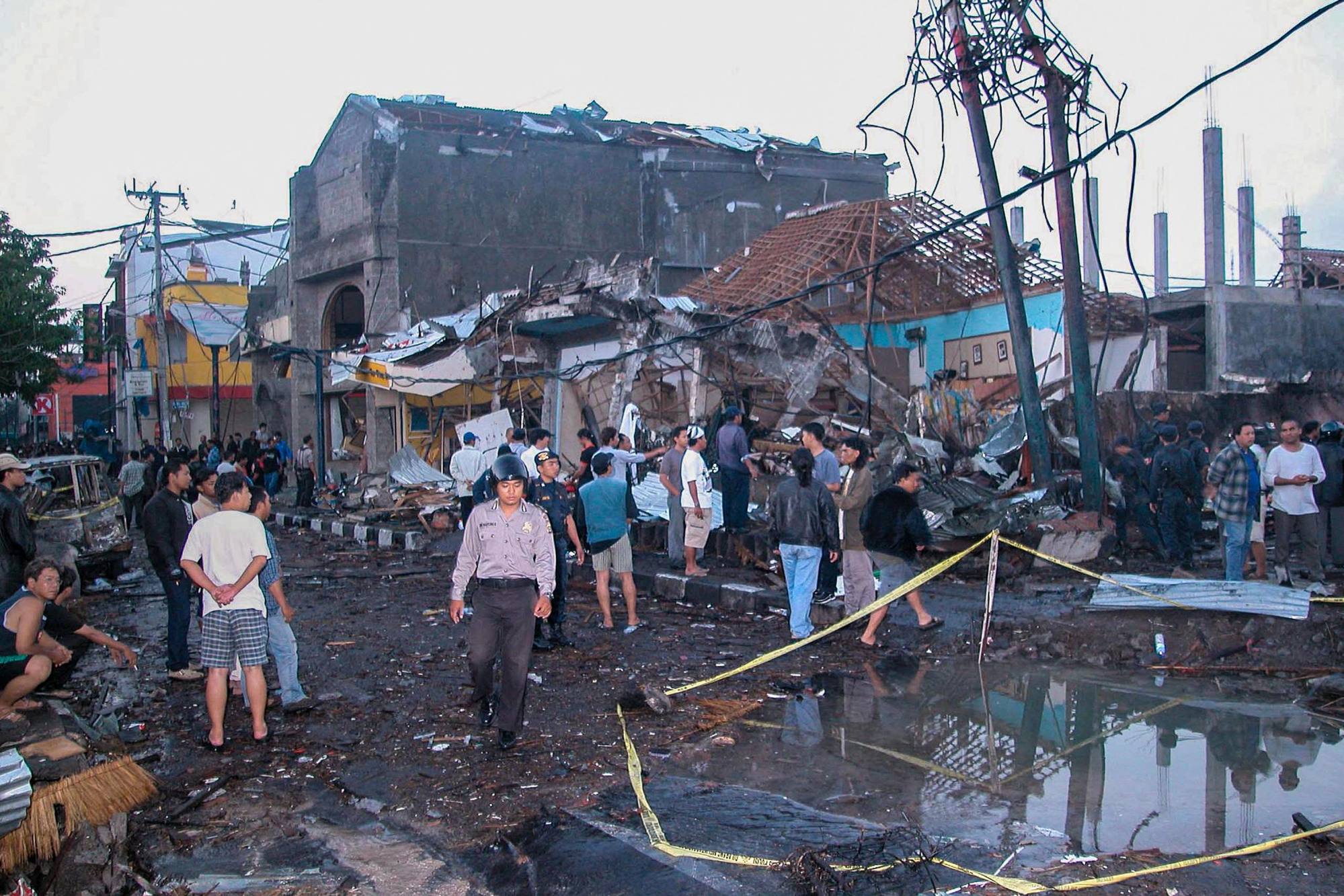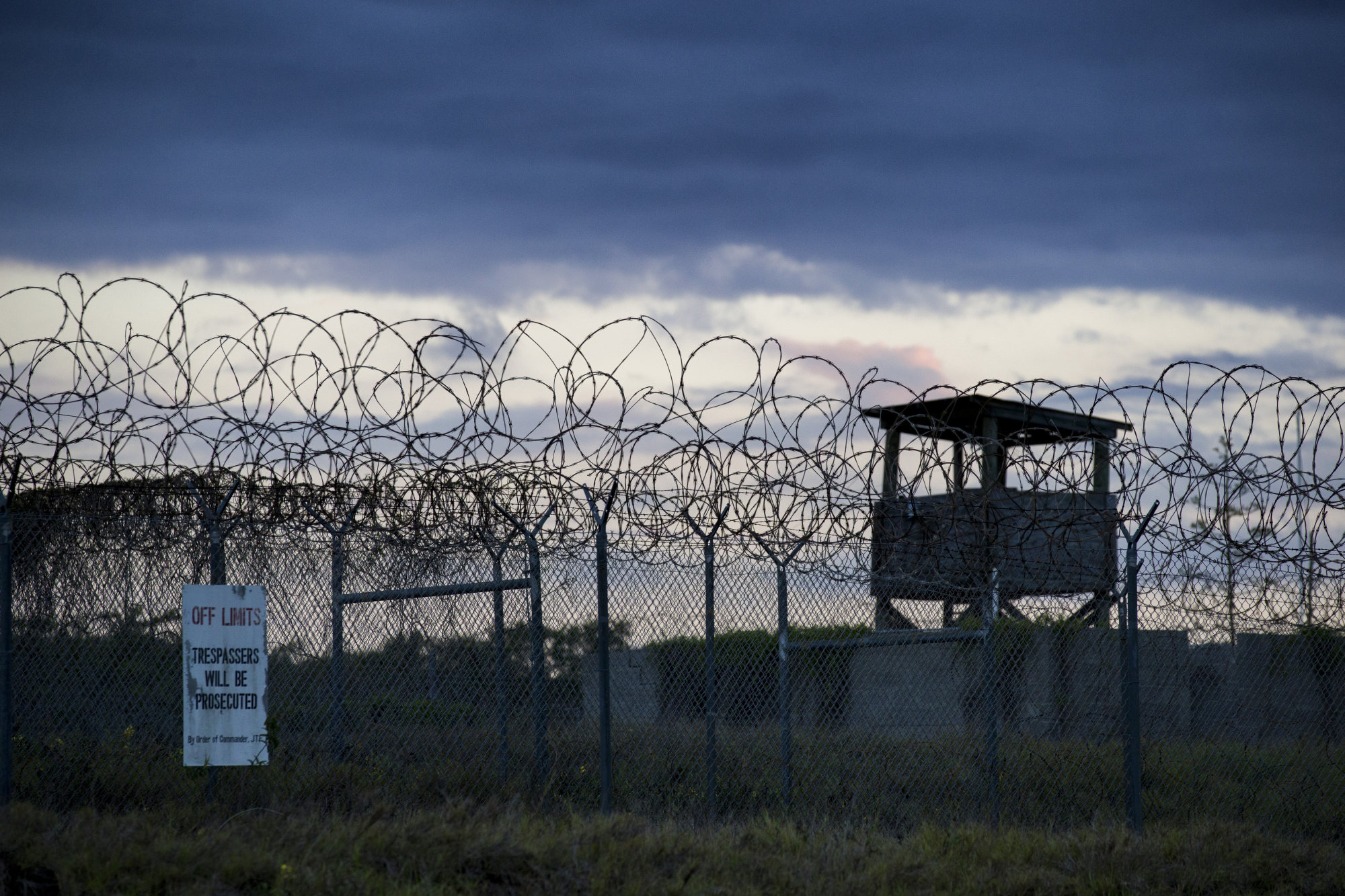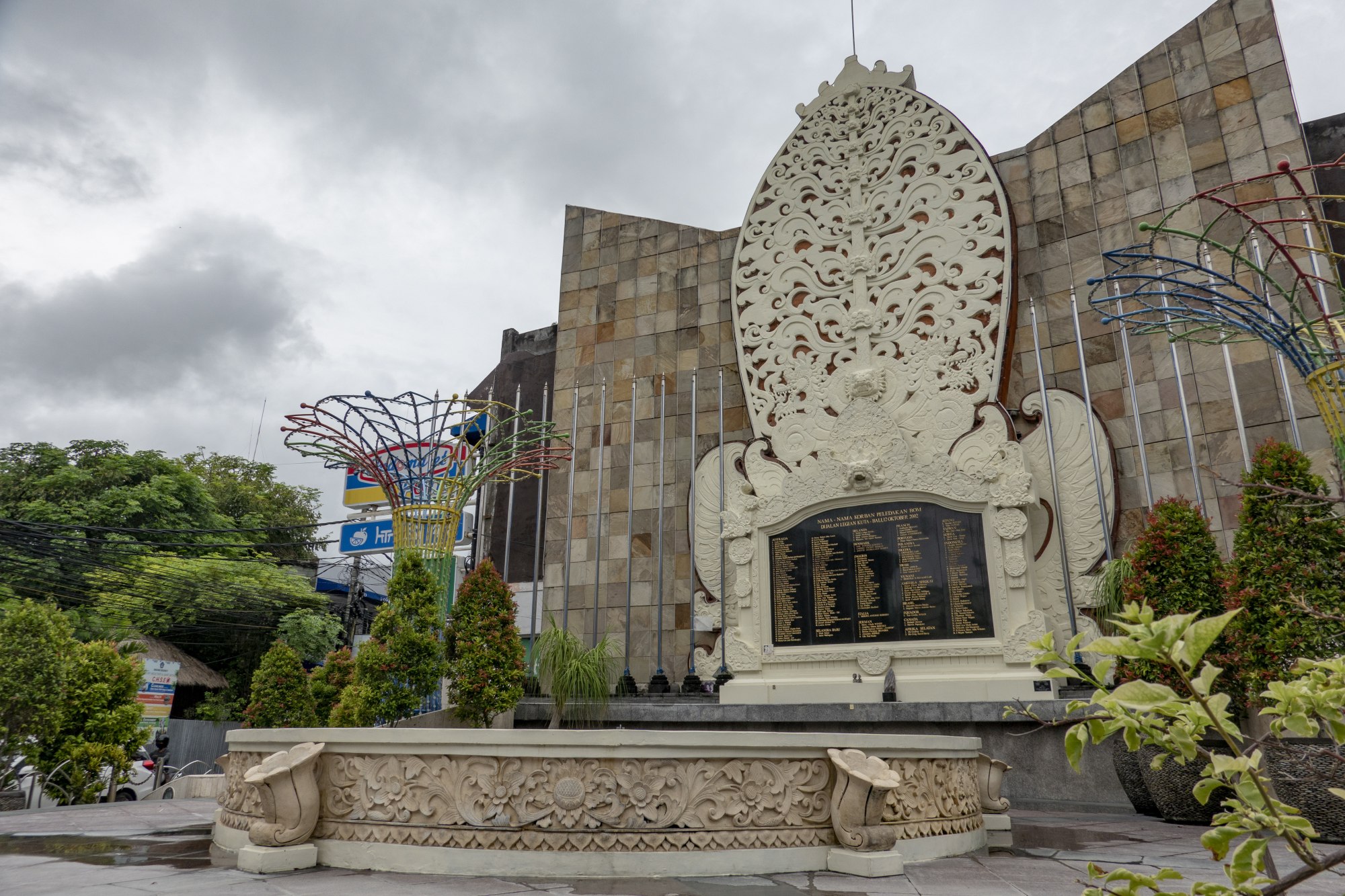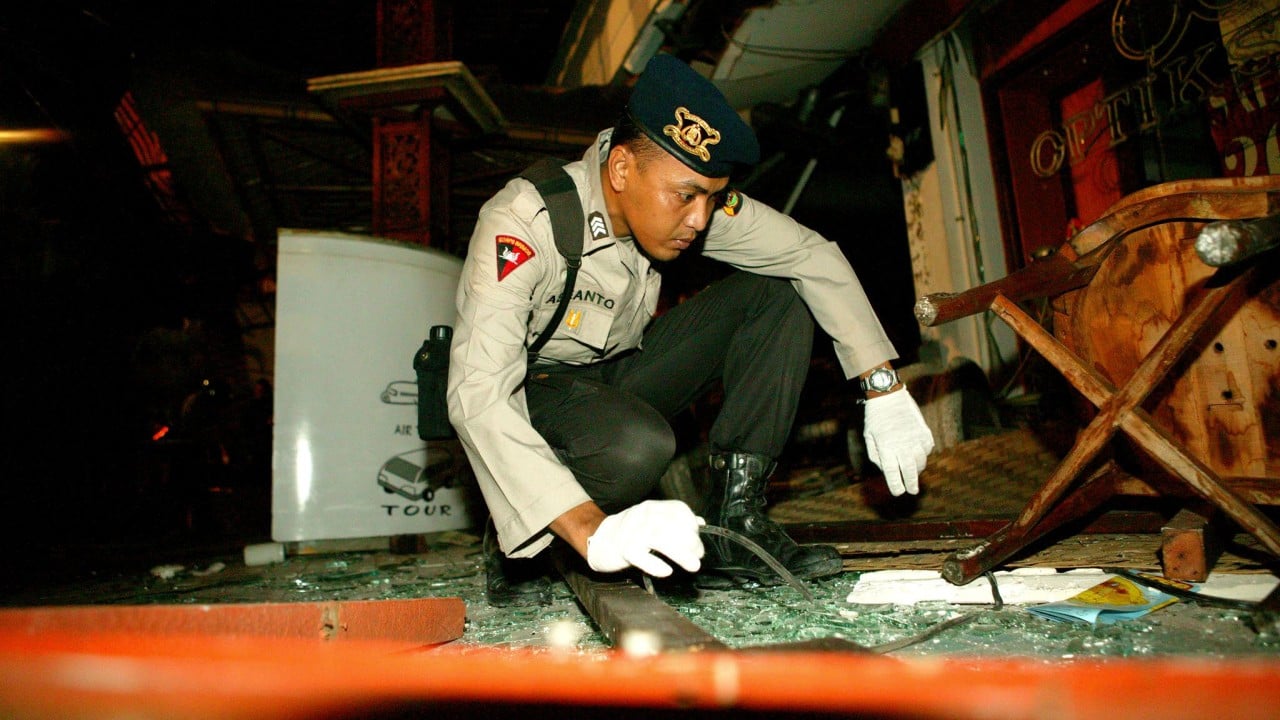Families and friends of those who died in a deadly bomb attack in Bali in Indonesia that killed 202 people and injured another 200 have expressed shock and anger after two Malaysians incarcerated at Guantanamo Bay in Cuba for their roles in the attack had their jail sentences cut from 23 years to five.
The reduced jail time of six years handed to Mohammed Farik bin Amin and Mohammed Nazir bin Lep stemmed from a “secret plea deal” made during the summer by the convening authority for military commissions at Guantanamo, and the sentence was slashed further to five years by the presiding judge because the prosecutor took too long to hand over evidence in the case.
Farik and Nazir had pleaded guilty to murder, conspiracy, accessory after the fact, and intentionally causing serious bodily injury as part of the plea deal. They also agreed to give evidence against a third man implicated in the attack, Indonesian national Encep Nurjaman alias Hambali, who is also incarcerated at Guantanamo Bay.

Families and friends of those who died in the attack, when a one-tonne bomb was detonated outside the Sari Club in Kuta in Bali and another detonated by a suicide bomber at the neighbouring Paddy’s Pub, said they had been shocked to find out about the plea deal and the drastic reductions in the sentences.
Australian national Jan Laczynski, who flew out of Bali the night of the bombing and whose five Indonesian friends – Wayan Tamba, Rudy Armansyah, Ketut Sumarawat, Made Mertana and Kadek Sukerna – were killed at the Sari Club, said he felt the sentences were a hollow form of justice.
“The whole justice system in America failed everyone. Even some of the survivors I spoke to were confused about this military trial, mainly because of the secrecy,” Laczynski said.
“I respect that justice is different in all countries. However, what a contrasting experience. In Indonesia in 2003 for the trial of [Bali bombing masterminds] Amrozi, Muklas, Ali Imron and Imaa Samudra, all the trials were open to the public with media broadcasting live. Even myself, everything we did or said was there for everyone to see.”

Laczynski added that he had submitted a victim impact statement to the military court at Guantanamo known as the “war court” and that it had been an arduous process. He said he had been told he missed out despite going through “so many steps”, only to realise the panel did consider his statement as part of sentencing.
“Then the bitterness of finding this trial was just a bizarre stunt,” he said.
Sandra Thompson, whose son Clint died in the Bali bombings, said nothing could make up for losing her oldest child.
“Families were broken, including mine. They can never repay the pain they have caused,” she said.
“Let them rot in hell. Harsh words from a Christian lady, but I have forgiven them. Now they pay the consequences of their actions. No repentance. Let my true God do the judgment.”

However, Hambali’s lawyer, James Hodes, told This Week in Asia that he welcomed the developments in the case.
“We are very happy whenever anyone can get out of Guantanamo,” Hodes said.
“The impact on my client and his case is minimal. As I have been saying all along, the evidence is light as it was against the two Malaysians. Guantanamo is no longer about a legal process, it is about hiding evidence of torture and lack of culpability, and a political process to get people freed.”
Farik and Nazir were arrested along with Hambali in Thailand in 2003 and moved to Guantanamo Bay in 2006. According to a 2014 US Senate Intelligence Committee report known colloquially as the “Torture Report”, all three men were held and tortured at CIA black sites or clandestine prisons from 2003 to 2006 in order to extract confessions about their roles in the Bali bombings.
The Indonesian hardline Islamist group, Jemaah Islamiah, claimed responsibility for the Bali bombings and Imam Samudra, Amrozi and Ali Ghufron were executed in 2008 for masterminding the terror plot, while Imron was sentenced to life in prison.
Guantanamo Bay Detention Camp once held some 780 detainees, although now only 30 remain, including Hambali, Farik and Nazir. Only 11 men held there have ever been charged with a crime.
“There wasn’t a justice system at Guantanamo, there was a torture system. Guantanamo is a facade. It is not a legal system you would have any confidence in. We keep pretending it is, but it isn’t,” Hodes said.
As part of the plea deal, Farik and Nazir are expected to return to Malaysia this year and serve the remainder of their sentences there, either under house arrest or in a facility for former radicals.
“The decision to turn them over to the Malaysian authorities is a wise one. Malaysia is eminently capable of ensuring they serve out the remaining five-year sentence, and providing counselling towards reintegration and rehabilitation,” Julie Chernov Hwang, an associate professor at the Department of Political Science and International Relations at Goucher College, told This Week in Asia.
“Moreover, the Malaysian special branch has the capacity to monitor them post-release as they reintegrate back into society.”


